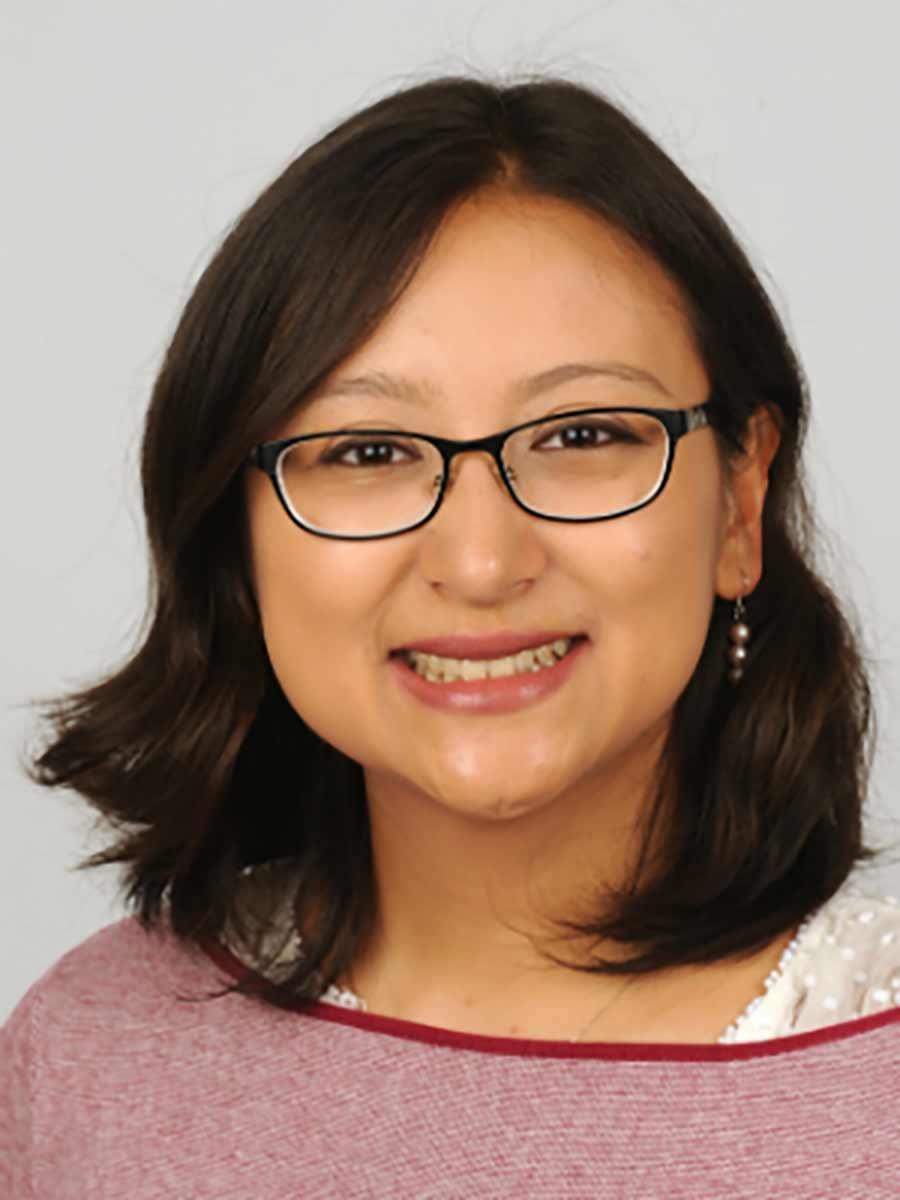Dr Beatriz Martins joins the Centre

Dr Beatriz Martins
Dr Beatriz Martins is a geriatrician from Brazil who has joined Prof Renuka Visvanathan and Dr Helen Barrie as a PhD student.
"I am Dr Beatriz Martins and I am a geriatrician from Brazil. I was awarded a Beacon Scholarship from the University of Adelaide (UoA) to pursue a joint PhD research program with both the UoA and Nagoya University.
My PhD supervisors from UoA are Professor Renuka Visvanathan (geriatrician) and Dr Helen Barrie. My PhD supervisor at Nagoya University is Professor Masafumi Kuzuya (geriatrician).
The process of ageing in our world is a remarkable phenomenon. We have witnessed an incredible increase in life expectancy, and are about to have a higher proportion of older people than children in our population. Being a geriatrician in Brazil has shown me the challenges of ageing well, in a society that is rapidly urbanising but yet, not having the time to prepare for an increasing number of older people. This is very different to developed countries that have had much longer to adapt and develop appropriate care and service models.
Do all people age the same? Why do some have successful stories of ageing, being independent and productive through their whole life, while others are vulnerable to life’s stressors? Do all cultures have the same barriers and promoters to healthy ageing? How can we intervene with frailty? These were the questions that piqued my interest in the subject of healthy ageing when I visited University of Adelaide and the Queen Elizabeth Hospital as part of my geriatric medicine specialist training. Following my visit to Adelaide, I have become motivated to focus my research on frailty which is a state of vulnerability to stressors that can result in dramatic changes to a person’s independence, including leading to premature death.
Australia is a multicultural country, with 15% of its population over 65 years old, of which 37% where born overseas. Japan, although considerably smaller in size, has five times the Australian population and the highest proportion of elderly people in the world (26%). My research will help us better understand the interactions between frailty, the built environment and physical activity. I am very excited by the cross-cultural and cross-discipline aspects of this proposed research program."
